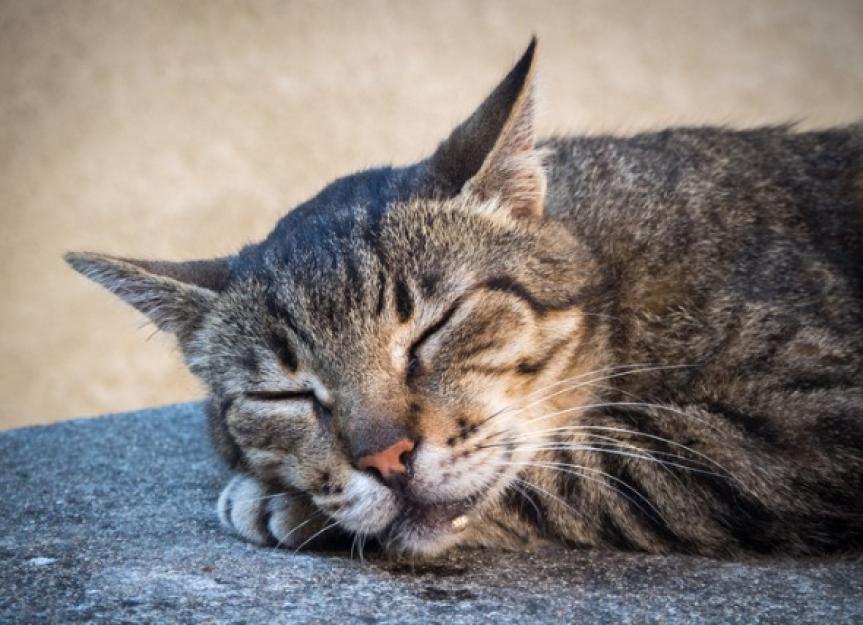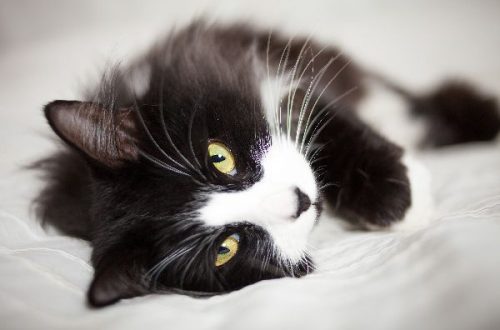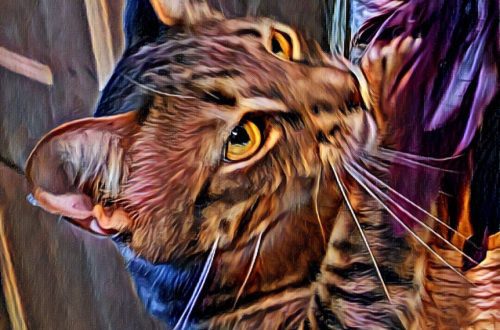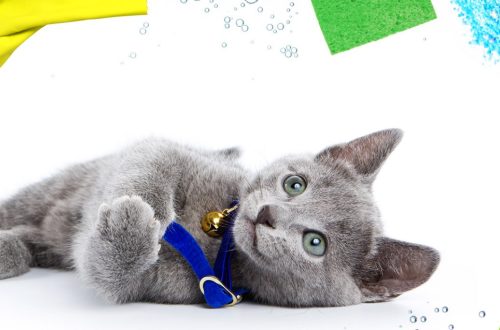
Why does a cat drool
What salivation is increased?
It’s simple: you will definitely notice such salivation. With increased salivation, saliva flows profusely from the mouth, wet, sticky hair in the corners of the cat’s mouth, on the chin and even on the neck testifies to it. In addition, you can find saliva stains in those places where the cat is resting, and a cat with increased salivation is much more likely to wash itself.
So what can cause an unpleasant symptom? In the rarest cases, there is no reason, and this is just a feature of a particular cat. But most often the cause is a disease, and often very serious. Here is some of them:
Increased salivation may indicate a viral infection. Other symptoms of infectious diseases are fever, refusal to eat, lethargy, runny nose, nausea, impaired stool, etc. The fact is that a sick animal begins to drink a lot of water, which provokes vomiting, and nausea, in turn, causes increased salivation.
Poisoning is a very dangerous and unpleasant cause of increased salivation, which is also accompanied by fever, nausea, impaired stools, etc. As you can see, the symptoms of poisoning are similar to those of viral diseases, and only a veterinarian will determine the exact cause of the ailment.
Poisoning can be caused by poor-quality products, household chemicals, improperly treated parasites, the wrong dosage or the wrong medicine, etc. If your pet walks on the street on his own, he could eat spoiled food there, and in the worst case, the matter is poisoned food, specially scattered on street in order to combat homeless animals.
Severe poisoning is accompanied by fever and convulsions and often ends in death. Do not try to cope with the problem on your own, contact your veterinarian as soon as possible, your pet’s life depends on it!
A fairly common cause of increased salivation is problems with the oral cavity. Cats, like humans, can have gums and teeth. This is due to an inadequate diet or, for example, age-related changes. If you see that the cat hardly chews food, shakes its head and does not let you touch its mouth – as an option, its teeth or gums hurt.
Be sure to inspect the cat’s mouth. Perhaps it’s a foreign object that has hurt the cheek, palate, tongue or gums, or maybe even stuck in the teeth or throat. In this case, the cat will drink a lot, cough, trying to provoke vomiting in order to spit out a foreign object – accordingly, saliva will be plentiful. Often bones get stuck in the cat’s mouth. If you see a foreign object and can get it out, do it yourself, otherwise consult a doctor as soon as possible.
In addition, the case may be in the balls of wool that have accumulated in the stomach or stuck in the throat. In this case, it is enough for the pet to give a special preparation to remove wool from the stomach.
Diseases such as ulcers, gastritis, as well as various diseases of the kidneys, gallbladder, liver, etc. are often accompanied by increased salivation. It is necessary to examine the pet at the veterinarian to identify the problem and begin treatment.
In the vast majority of cases, a cancerous tumor cannot be detected without a veterinarian, and in the initial stages, the disease may not be recognized even by a doctor. If the tumor originates in the stomach or intestines, it can cause nausea and increased salivation. Unfortunately, very often cancer is detected already in the last stages, when nothing can be done. Therefore, if the animal shows signs of illness, do not delay a visit to the veterinarian.
Rabies is the most serious and dangerous disease, which may be indicated by increased salivation, since the pet cannot be cured. With rabies, a cat behaves strangely, shows aggression, her mood often changes, convulsions appear. A sick animal will have to be isolated from people, and for your own safety, you should contact a specialist as soon as possible.
Allergic diseases, asthma, diabetes, and helminth and other parasite infestations can also cause increased salivation.
Take your pet to the veterinarian for a checkup. The attending physician will carefully examine your pet, probe the organs, prescribe tests if necessary, and make a diagnosis.
Take care of your pet, take care of it, and do not forget that the disease is easier to prevent than to cure!





